Wild Planet Foods, a sustainable seafood company based in McKinleyville, California, is expanding its product range with the introduction of five new seafood products now available at Whole Foods Market stores across the US.
The new product lineup from Wild Planet includes Skipjack Solid Light Wild Tuna in Pure Olive Oil, Wild Smoked Pink Salmon in Extra Virgin Olive Oil, Wild Smoked Mackerel Filets in Extra Virgin Olive Oil, Wild Pink Salmon 3-Pack and Wild Tuna Quinoa Salad Ready-To-Eat Meal.

When it comes to Wild Planet, the dedication to sustainability isn’t just an initiative — it’s a core tenet. Xtalks spoke to Heather Scott, SVP of marketing at Wild Planet Foods, to gain insight into the company’s sustainability initiatives, working with small-scale fishermen and fishing families and ensuring low mercury content in its seafood.
Related: Achieving Fish Without Bones Through X-Ray Inspection
Maintaining a Sustainable Journey
“We are deeply involved in our fish selection process, from the dock to the shelf,” Scott said. “We know the fishermen, boats and boat owners and our engagement continues when the boats are delivering their catch to the docks.”
Wild Planet’s commitment to sustainability is evident in the way it sources its tuna, a product that is 100 percent sustainably pole and line caught. This method is designed to minimize bycatch, or non-target species, as well as reduce the volumes of wasted seafood commonly seen in commercial fishing nets.
“Through our partnership with Trace Register, we are able to track each boatload of fish from the moment they reach the dock until they are delivered to your local store,” she added. This has established Wild Planet as a champion of selective harvesting that targets one species at a time, thereby protecting marine biodiversity.
Empowering Fishing Communities
Scott highlighted the symbiotic relationship Wild Planet has with small-scale fishermen and their families worldwide. She talked about how Wild Planet’s sustainability mission has had a “ripple effect” on independent fishermen and the industry at large.
how Wild Planet’s sustainability mission has had a “ripple effect” on independent fishermen and the industry at large.
According to Scott, Wild Planet helps these fishing communities by offering premium prices for their pole and line-caught fish, leading to an increase in income and local economic stability. Notably, the company also ensures that local fishermen can catch fish that would otherwise be taken by large scale fisheries, improving food security in areas from the Maldives to the Cape Verde Islands and beyond.
The Wild Planet brand’s dedication to sustainability has prompted other seafood companies and retailers to create more sustainable products, enhancing consumer awareness on the importance of sustainable sourcing, Scott noted.
Keeping Mercury Levels Low
A common concern among seafood consumers is mercury levels in their food. Addressing this concern, Scott shared that Wild Planet takes an effective approach. The company targets younger, smaller tuna that are caught near the surface using the pole and line method. Because these fish are younger, they have accumulated lower levels of mercury compared to older and larger tuna.
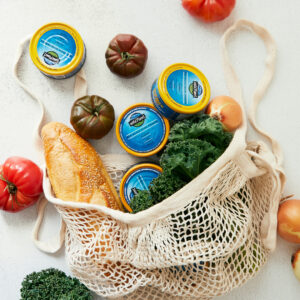 Additionally, Wild Planet conducts extensive testing of the Albacore and Skipjack tuna used in their products. “The mercury levels in our tuna are six to 14 times lower than the US Food and Drug Administration (FDA) threshold, and we’re really proud of this,” Scott said.
Additionally, Wild Planet conducts extensive testing of the Albacore and Skipjack tuna used in their products. “The mercury levels in our tuna are six to 14 times lower than the US Food and Drug Administration (FDA) threshold, and we’re really proud of this,” Scott said.
She emphasized that Wild Planet’s pole and line caught tuna is verified as having low levels of mercury by a third-party academic study done by Oregon State University. Wild Planet is also vigilant about testing its other products like Wild Pink Salmon and Wild Smoked Mackerel annually to ensure low mercury levels, and it updates its database accordingly.
Education and Consumer Engagement
“We regularly create content that spans across marketing and social media to educate our consumers around the importance of sustainably caught seafood,” Scott said.
The company creates comprehensive content across various platforms, including its blog, email marketing, influencer partnerships, paid media and commercials, retail activations and organic social activities. This is part of the company’s strategy to ensure consumers are well-informed about their choices and understand the significance of sustainable fishing.
Future Plans for Wild Planet
While Whole Foods Market and Amazon have been primary retail partners for Wild Planet Foods, Scott acknowledged that the company is always exploring future partnerships to expand their product availability.
For now, consumers can rest assured knowing they’re making an environmentally conscious choice with every purchase of Wild Planet. As the company continues its journey, it’s clear that Wild Planet is more than just a brand — it’s a testament to the role businesses can play in nurturing a healthier planet and building sustainable communities.

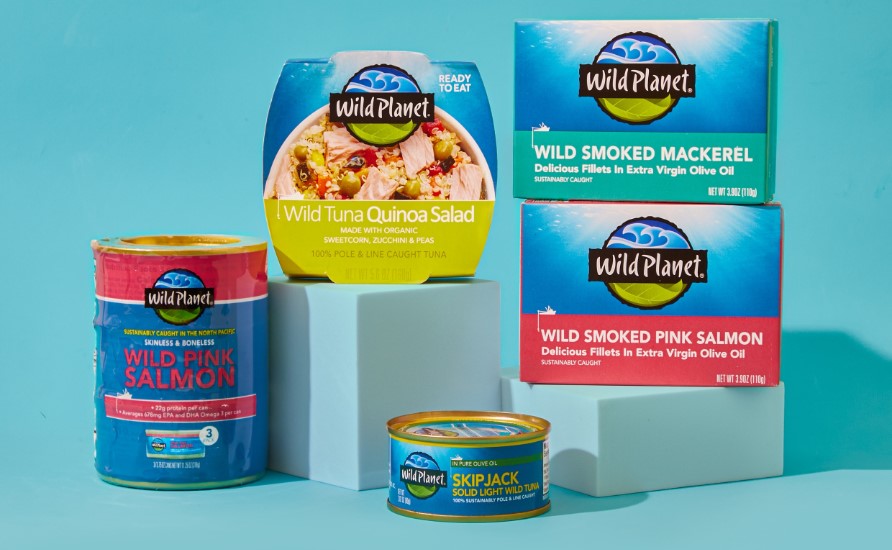
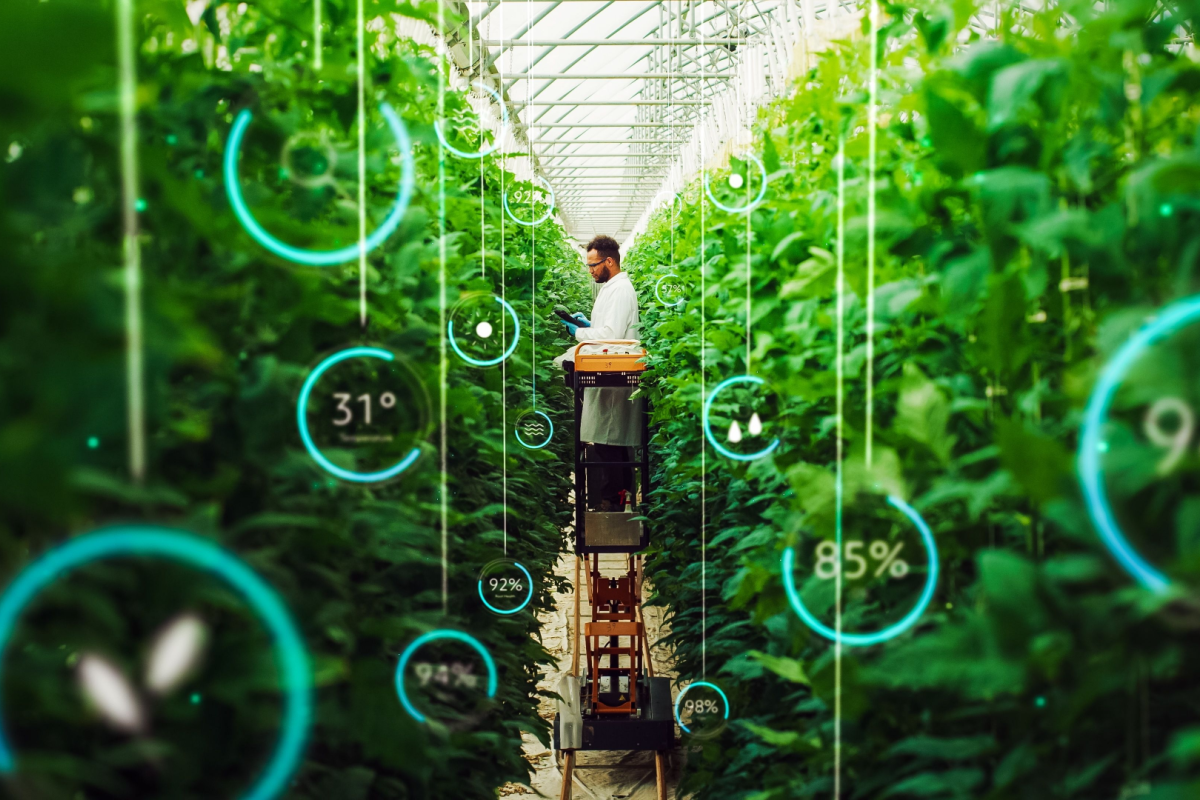
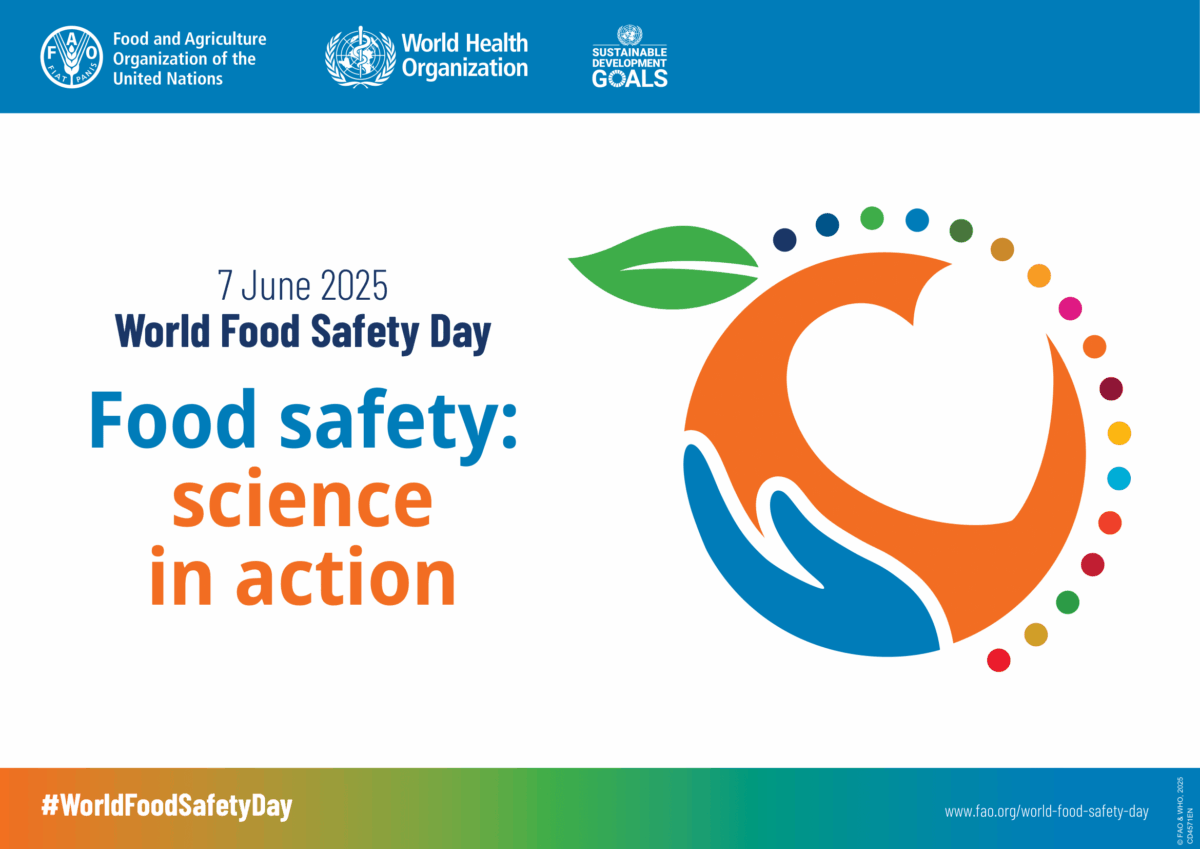
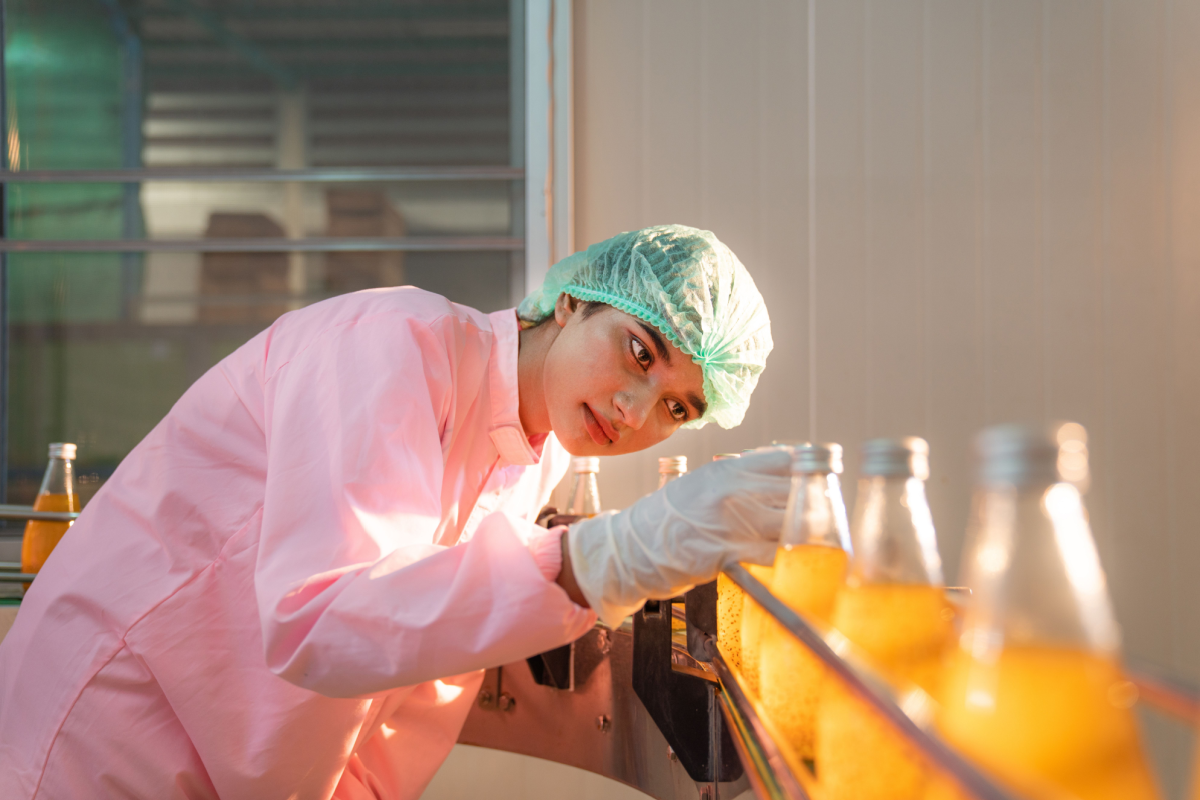
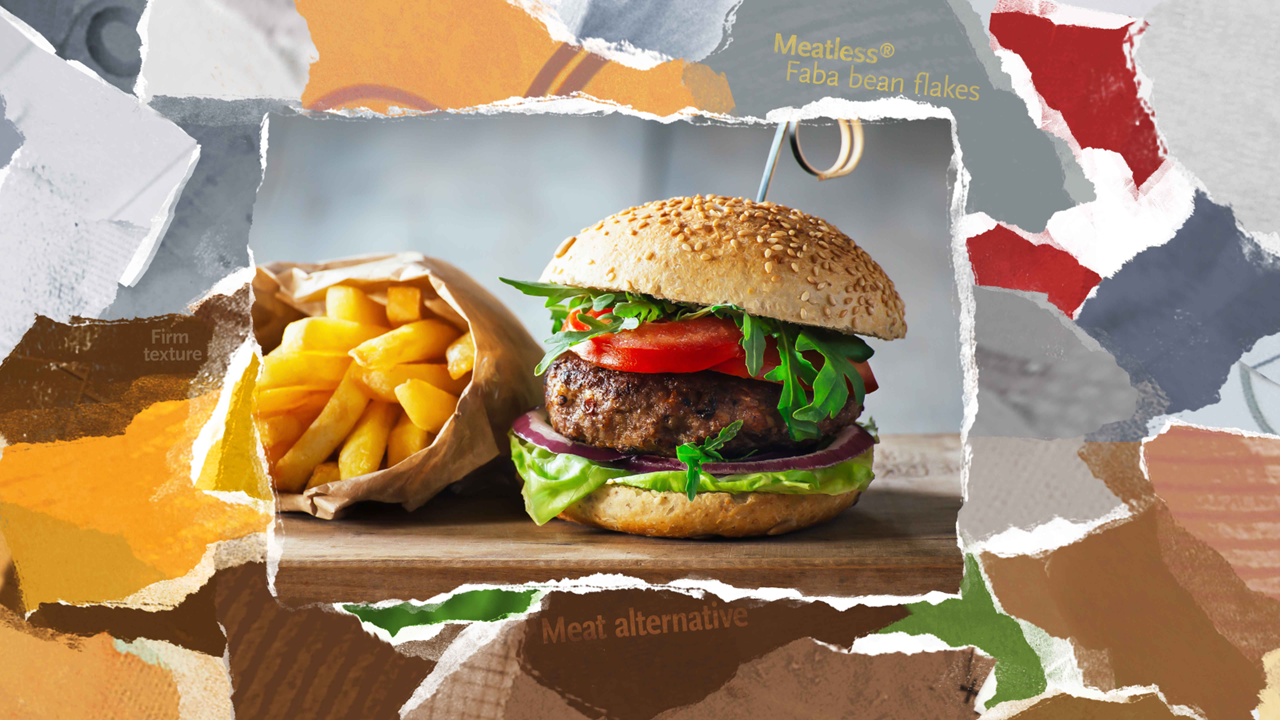
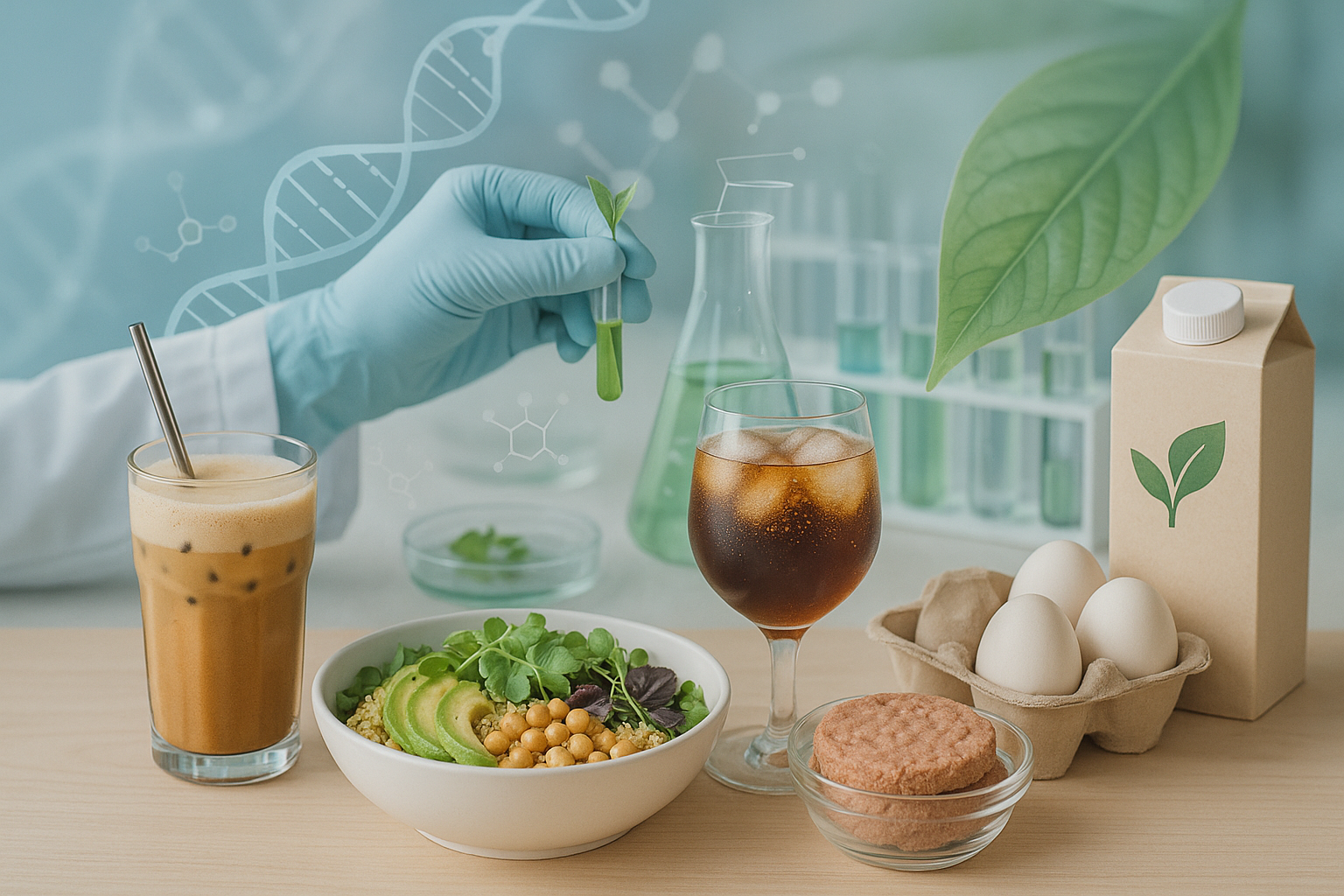





Join or login to leave a comment
JOIN LOGIN